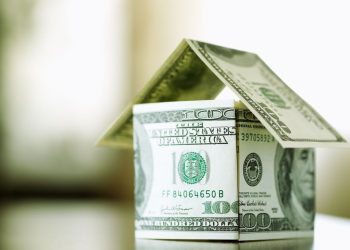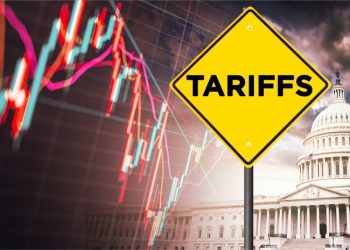All-out growth in the housing market this year is hinging on the Trump Administration’s policies, with the Fannie Mae Economic & Strategic Research Group expecting standstill wages to cripple affordability unless incomes improve.
“We expect the housing expansion to continue, albeit at a more moderate pace than last year given continued pressure on affordability,” says Doug Duncan, Fannie Mae chief economist. “Depressed inventory, particularly in the more affordable segments, will likely constrain sales and push home price gains that outpace income growth. A faster pace of monetary tightening, unless accompanied by a stronger increase in household income, also poses downside risk to housing.”
A recent affordability measure by the National Association of REALTORS® (NAR) and realtor.com® confirms a gap, especially for those with lower incomes.
The Fannie Mae Group’s recent Economic and Housing Outlook for February forecasts the economy to grow 2.0 percent in 2017, a minor gain from 1.9 percent in 2016.
“Last month we revealed our theme for the year, ‘Will Policy Changes Extend the Expansion?’ That question still hovers as the month-old administration begins enacting its agenda,” Duncan says. “Timing effects make it unlikely that we’ll see materially positive impacts stemming from any fiscal stimulus or deregulation this year, while immigration and trade policy pose downside risk. Any upside risk is likely to come from increased business investment based on expectations of policy change, enhancing prospects for after-tax profits.”
The Outlook projects existing-home sales will reach 5.646 million by the end of the year, while single-family starts will expand to 880,000. The median existing-home price is projected to be $245,000, while the median new-home price is projected to be $327,000.
The 30-year fixed-rate mortgage, which soared higher than 4 percent following the election, is projected to end 2017 at an average 4.3 percent.
Source: Fannie Mae
For the latest real estate news and trends, bookmark RISMedia.com.











